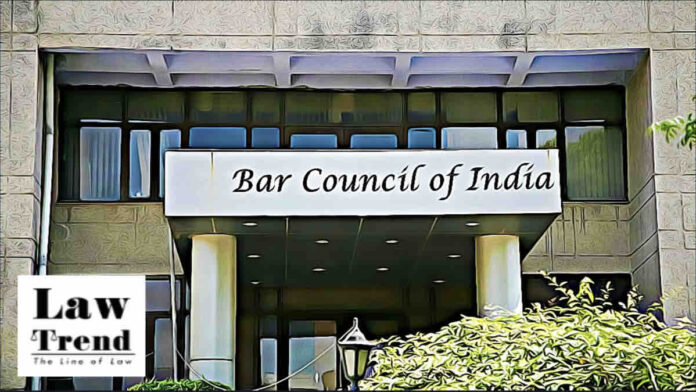In a significant regulatory development, the Bar Council of India (BCI) has notified the amended Bar Council of India Rules for Registration and Regulation of Foreign Lawyers and Foreign Law Firms in India, 2022, enabling foreign lawyers and law firms to practice foreign law, international law, and arbitration in India, strictly on a reciprocity basis.
The amended Rules, originally notified on March 10, 2023, have now been officially enforced through publication in the Gazette of India. A press release issued by the BCI emphasizes that the Rules aim to safeguard the interests of Indian advocates while regulating the participation of foreign legal professionals in non-litigious and cross-border legal services within India.
Scope of Permitted Practice
As per the notification, foreign lawyers and law firms are permitted to engage exclusively in non-litigious legal practice. This includes advisory and consultancy services in matters relating to foreign law, international legal issues, and international commercial arbitration, particularly where such disputes involve foreign or international law.
“The BCI has further clarified that foreign lawyers may participate in international commercial arbitration conducted in India, provided such arbitration involves foreign law or international law, thereby promoting India as a viable destination for international arbitration without compromising the rights of Indian legal professionals,” the BCI stated.
Dual Registration for Indian Lawyers
In a reciprocal measure, the Rules also permit Indian advocates and law firms to register as foreign lawyers or foreign law firms. This dual registration enables Indian lawyers to provide consultancy on foreign and international law without forfeiting their rights to practice Indian law before domestic courts and tribunals.
The press release notes that this provision aims to “broaden the professional horizons” of Indian legal practitioners while retaining their status as advocates under the Advocates Act, 1961.
Stringent Registration Framework
To maintain regulatory control and avoid undue competition, the Rules impose rigorous registration and renewal conditions on foreign law practitioners. These include submission of comprehensive documentation, proof of primary legal qualification, and no-objection certificates.
Additionally, the Rules prohibit foreign lawyers or firms from operating in India without registration. However, a controlled exception has been introduced for “fly-in, fly-out” engagements, subject to specific limitations.
‘Fly-in, Fly-out’ Exception
Foreign lawyers and law firms may advise clients in India on foreign legal matters under the following conditions:
- Their advice is limited to foreign law or international legal issues and does not amount to the “practice of law” under Indian law;
- Their services are procured directly by clients;
- They do not maintain any office or infrastructure in India;
- Their presence in India does not exceed 60 days in a 12-month period;
- All such activities remain under BCI oversight, which retains the authority to adjudicate any dispute over permissible engagement.
Indian-Foreign Law Firms: A New Hybrid Model
A notable innovation introduced by the amended Rules is the concept of “Indian-Foreign Law Firms.” These are Indian entities registered under Indian law that can operate in both domestic and international legal domains.
Rule 2(vi)(b) clarifies that such firms:
- Are permitted to engage in legal practices involving both Indian and foreign law;
- Can represent clients in Indian litigation and tribunals;
- May provide advisory services on cross-border transactions, international law, and arbitration;
- Remain subject to BCI’s regulatory supervision.
This hybrid model seeks to create a seamless platform for Indian legal entities to expand their international presence while maintaining compliance with Indian legal standards.
Professional and National Interest Balanced
The BCI emphasized that the amended regulatory framework is designed to align India’s legal services with global practices without compromising national legal sovereignty. By ensuring that foreign participation is conditional, regulated, and reciprocal, the Rules protect Indian legal professionals from undue competition while fostering global legal collaboration.
The Council further asserted that similar models are already functional in several other jurisdictions, and India’s approach is aimed at integrating with international legal ecosystems on fair and equitable terms.




